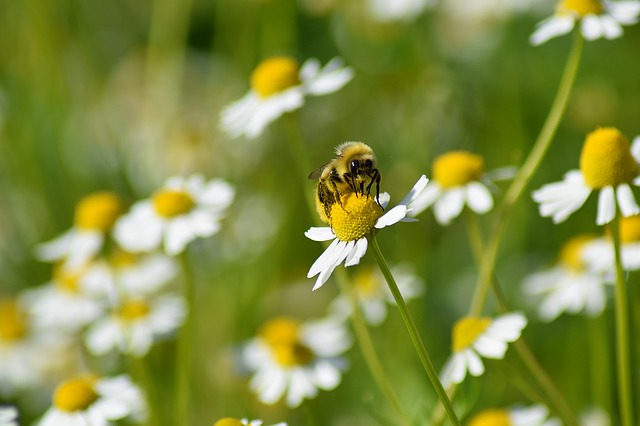
 Last week, Minnesota Governor Mark Dayton announced his signing of an executive order placing some restrictions on neonicotinoid (neonics) use. The governor’s action makes Minnesota the most stringent state in the nation when it comes to neonic use. The executive order directs the Department of Agriculture to:
Last week, Minnesota Governor Mark Dayton announced his signing of an executive order placing some restrictions on neonicotinoid (neonics) use. The governor’s action makes Minnesota the most stringent state in the nation when it comes to neonic use. The executive order directs the Department of Agriculture to:
• Require a “verification of need” prior to the use of neonics, where appropriate;
• Review pesticide product labels and implement restrictions, as appropriate, to minimize impact on pollinator communities;
• Increase inspections and enforcement of label requirements for pesticides that are acutely toxic to pollinators;
• Develop pollinator stewardship materials for pesticides to minimize non-target exposures; and
• Continue to develop and promote best management practices designed to protect and enhance pollinator health in Minnesota.
In addition, several other agencies have been directed to take action related to pollinator protection and the governor is forming a Committee on Pollinator Protection comprised of individuals that he appoints. It is unclear whether the executive order will impact landscape professionals or other non agricultural applicators. NALP will continue to monitor the issue closely.
Another Midwestern state is seeking stakeholder input as they develop their pollinator protection effort. The state of Michigan will host listening sessions around the state for landscape professionals and other stakeholders concerned about the health of managed bees in Michigan. The listening sessions will be held from late August to early October and will each be two hours. A short presentation will be followed by time for input.
The meetings and the input received will be an important step in the state’s effort to develop a Managed Pollinator Protection Plan (MP3) designed to:
• Build relationships between interested parties in Michigan, representing beekeeper groups, growers, government and research to share existing work and to open pathways for future collaboration.
• Develop a managed pollinator protection plan that is consistent with the National EPA Pollinator Protection Plan that allows for adequate protection of managed and wild pollinator populations, while simultaneously maintaining the ability for agricultural producers to produce their crop.
• Develop a method and strategy of communication with the public and a wider group of stakeholders.
Interested members can register for the Managed Pollinator Protection Plan Meetings online, and questions regarding the meetings or Michigan’s MP3 strategy can be directed to mmp3@msu.edu.
45 states have developed or are in the process of developing managed pollinator protection plans. NALP is closely monitoring the issue and works with other industry stakeholders to help ensure that the voice of landscape professionals is represented when state pollinator protection plans are developed. For additional information, please contact Paul Mendelsohn, NALP Vice President of Government Relations.

